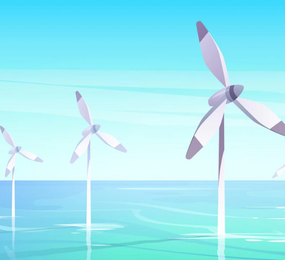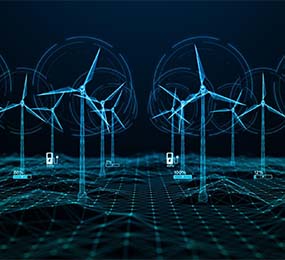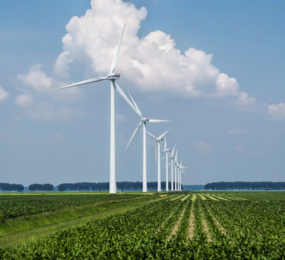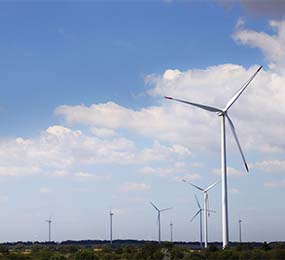The wind energy industry is undergoing a data revolution, with an unprecedented influx of information from turbines, sensors, and grid systems. However, the value of this data is only realized when it is collected, shared, and analyzed in a consistent and standardized manner. Standardizing data practices is crucial for driving efficiency, fostering collaboration, and unlocking the full potential of wind energy.
The Importance of Standardization
Standardization ensures that data is comparable, accessible, and interoperable across different systems and organizations. It eliminates the barriers created by incompatible formats and protocols, facilitating data sharing and analysis. Standardized data also promotes transparency and trust, enabling stakeholders to make informed decisions based on reliable information.
Key Areas for Standardization
- Data formats: Establishing common data formats and schemas ensures that data can be easily exchanged and integrated between different systems.
- Metadata: Consistent metadata standards provide essential context for understanding and interpreting data.
- Data quality: Implementing quality control measures to ensure data accuracy, reliability, and completeness.
- Data sharing protocols: Developing protocols for secure and efficient data sharing between stakeholders.
Benefits of Standardization
Standardization offers numerous benefits for the wind energy industry, including:
- Increased efficiency: Standardized data can be processed and analyzed more efficiently, leading to improved decision-making and operational optimization.
- Enhanced collaboration: Common data formats and protocols facilitate collaboration between industry stakeholders, enabling knowledge sharing and innovation.
- Improved data quality: Standardization ensures that data is consistent and reliable, enhancing its value for analysis and decision-making.
- Reduced costs: Standardized data can reduce the costs associated with data integration, cleaning, and processing.
Challenges and Solutions
Implementing data standardization can be challenging, as it requires buy-in from multiple stakeholders and significant effort to establish and maintain standards. However, the benefits of standardization outweigh the costs. To overcome challenges, industry leaders should:
- Establish industry-wide standards: Collaborate to develop and adopt common data standards.
- Provide training and support: Educate stakeholders on the importance of standardization and provide training on best practices.
- Leverage technology: Utilize advanced data management tools and platforms to facilitate data standardization and sharing.
By prioritizing data standardization, the wind energy industry can unlock the full potential of data-driven insights, drive innovation, and contribute to a more sustainable and efficient energy future.
To register or learn more about the Forum please check here: https://bit.ly/3K0rUIz
For more information and group participation, contact us: [email protected]
















